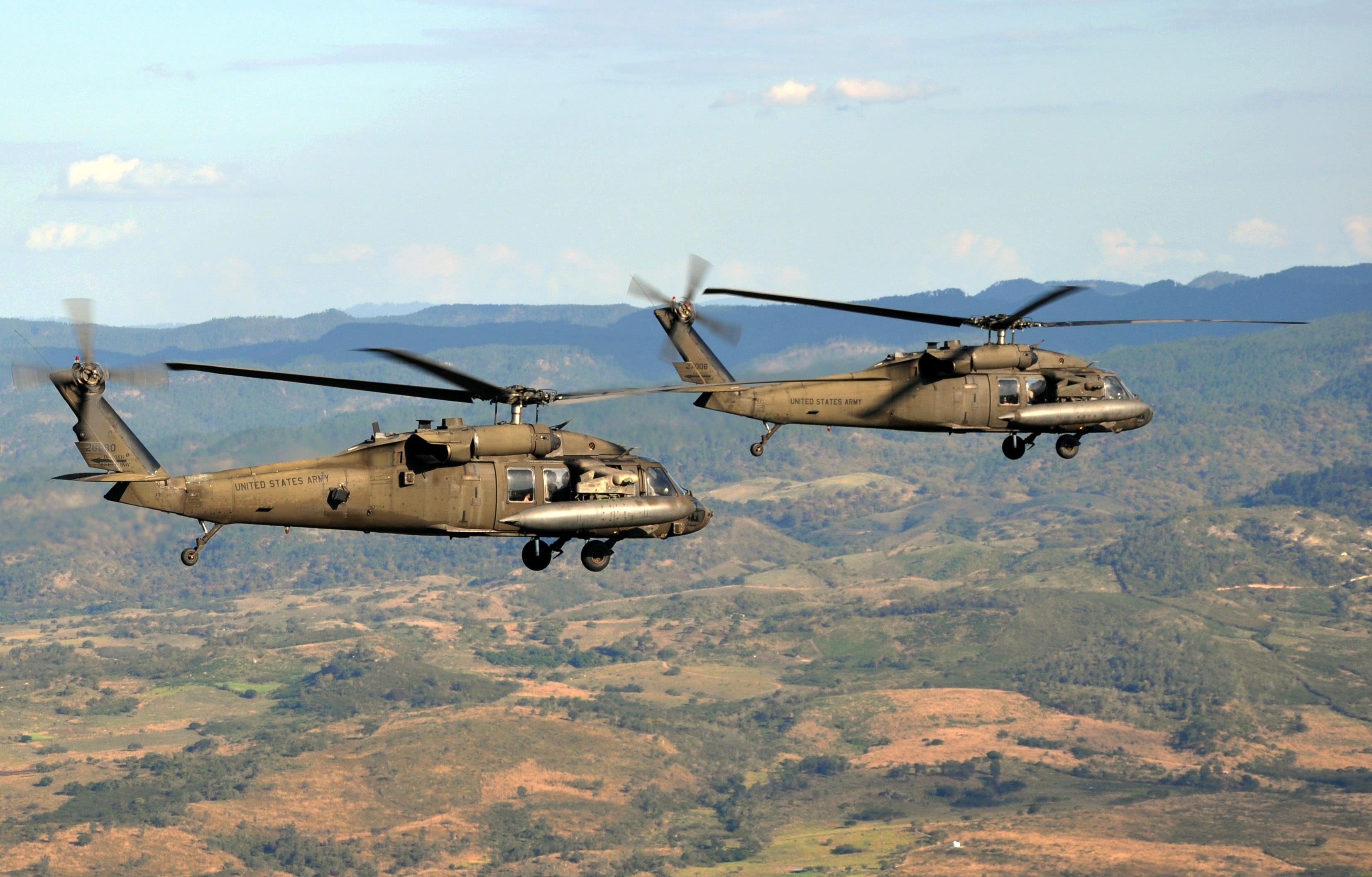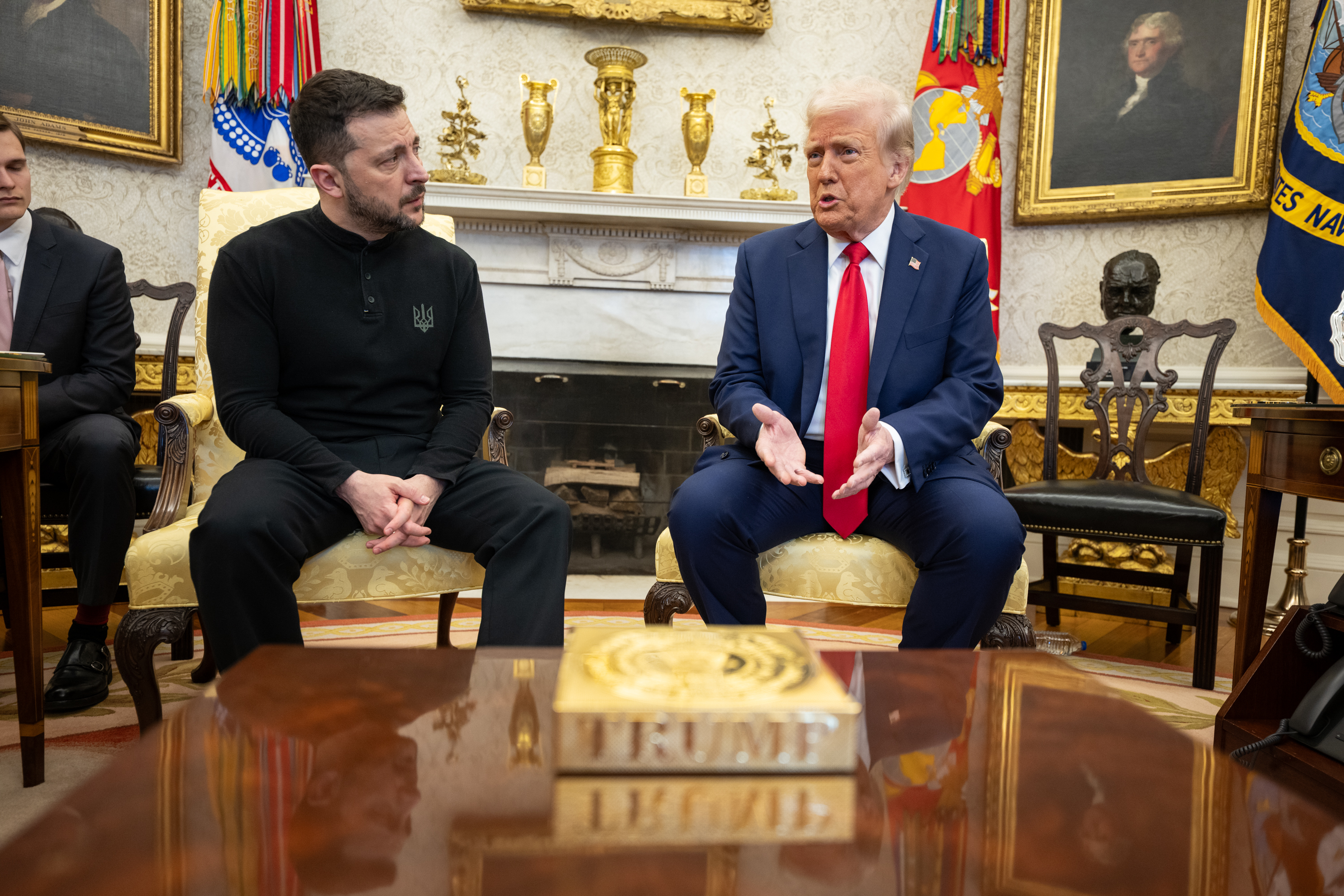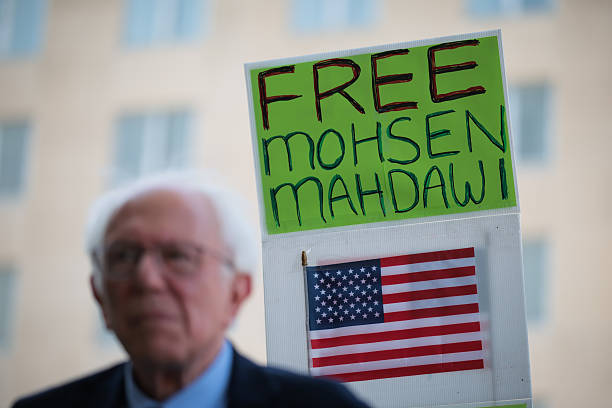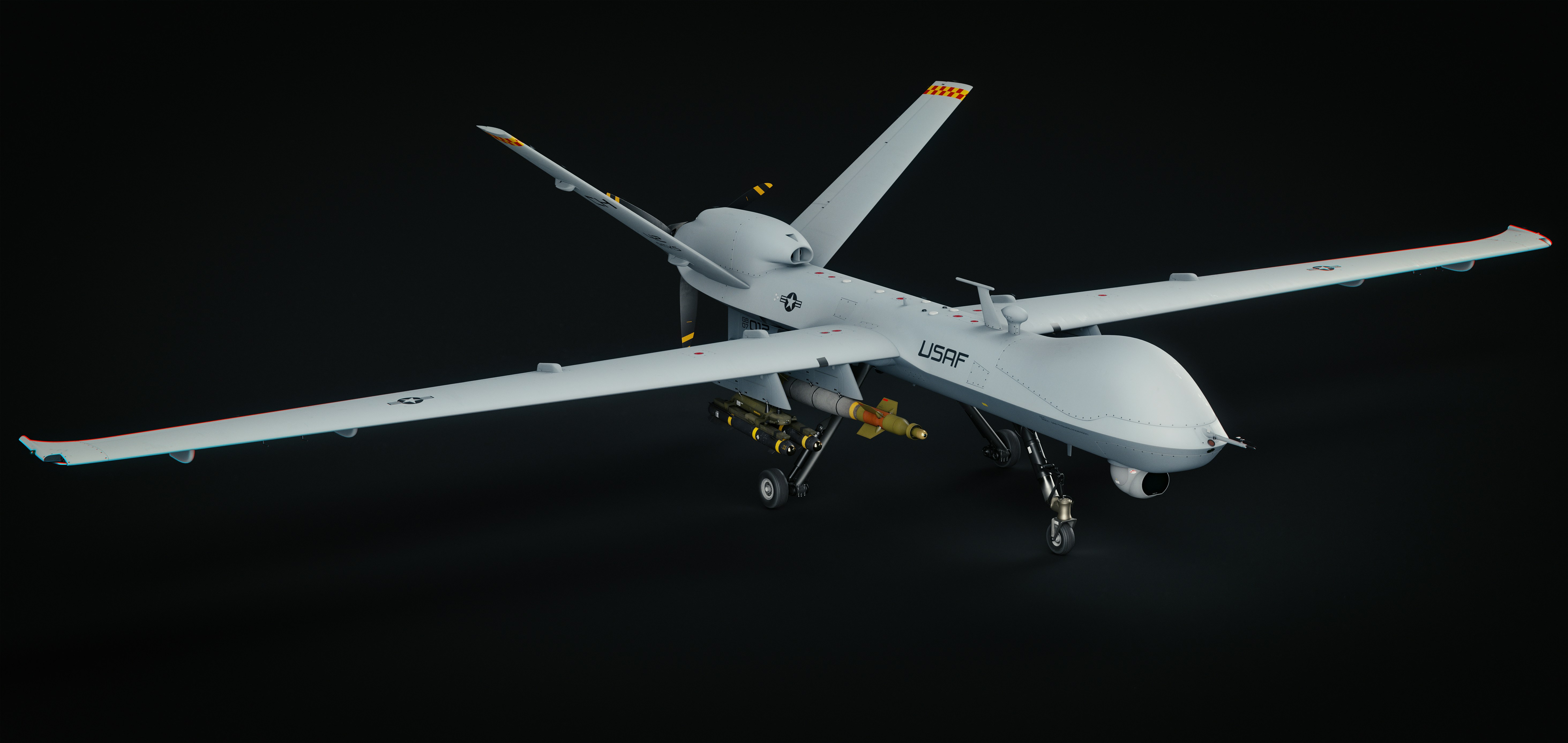Honduran prisons taken over by military
Following a deadly riot that resulted in the tragic deaths of dozens of inmates, the Honduran military has assumed control of the country’s prisons in a bid to restore order and address the persistent challenges of violence and criminal activities within the penitentiary system.

The decision to involve the military comes in the wake of a recent gang dispute that erupted at a women’s detention centre, claiming the lives of numerous inmates. The scale of the tragedy and the ongoing security concerns prompted President Xiomara Castro to make the announcement last week, signalling a departure from the previous approach of demilitarizing security.
Honduras has long grappled with the pervasive issues of overcrowding, corruption, and gang influence in its prison facilities. The military’s assumption of control is seen as a necessary measure to tackle these deep-rooted problems and create a safer environment for both inmates and prison staff.
The military police have taken over two of the most high-security prisons in the country. Tamara prison, where approximately 4,200 inmates are housed in a facility designed for 2,500, is among the two prisons that have been handed over to the military police. La Tolva prison is the other facility under military control. These prisons, known for their overcrowded conditions, have been hotspots of violence and criminal activities.
By involving the military, the government aims to establish strict control, enhance security measures, and disrupt the operations of criminal gangs within the prison walls.
The Honduran military police also successfully confiscated the Barrio 18 gang’s cache of weapons, which included, machine guns, ammunition, and grenades, from Tamara prison according to Colonel Fernando Munoz, who briefed reporters on the matter.
Addressing the nation, Defense Minister Jose Manuel Zelaya stated, “Our mission is to defeat organized crime inside the prisons, and we are going after the intellectual authors operating from outside.” The government’s aim is to not only address the immediate challenges but also dismantle the networks that facilitate criminal activities both inside and outside the prison system.
President Castro has reassured the public that the military’s involvement is not a permanent solution but an interim measure while a comprehensive prison reform plan is developed. The government intends to collaborate with international organizations and human rights advocates to ensure that inmates’ rights are respected throughout this transitional phase.






.jpg)
Conversation